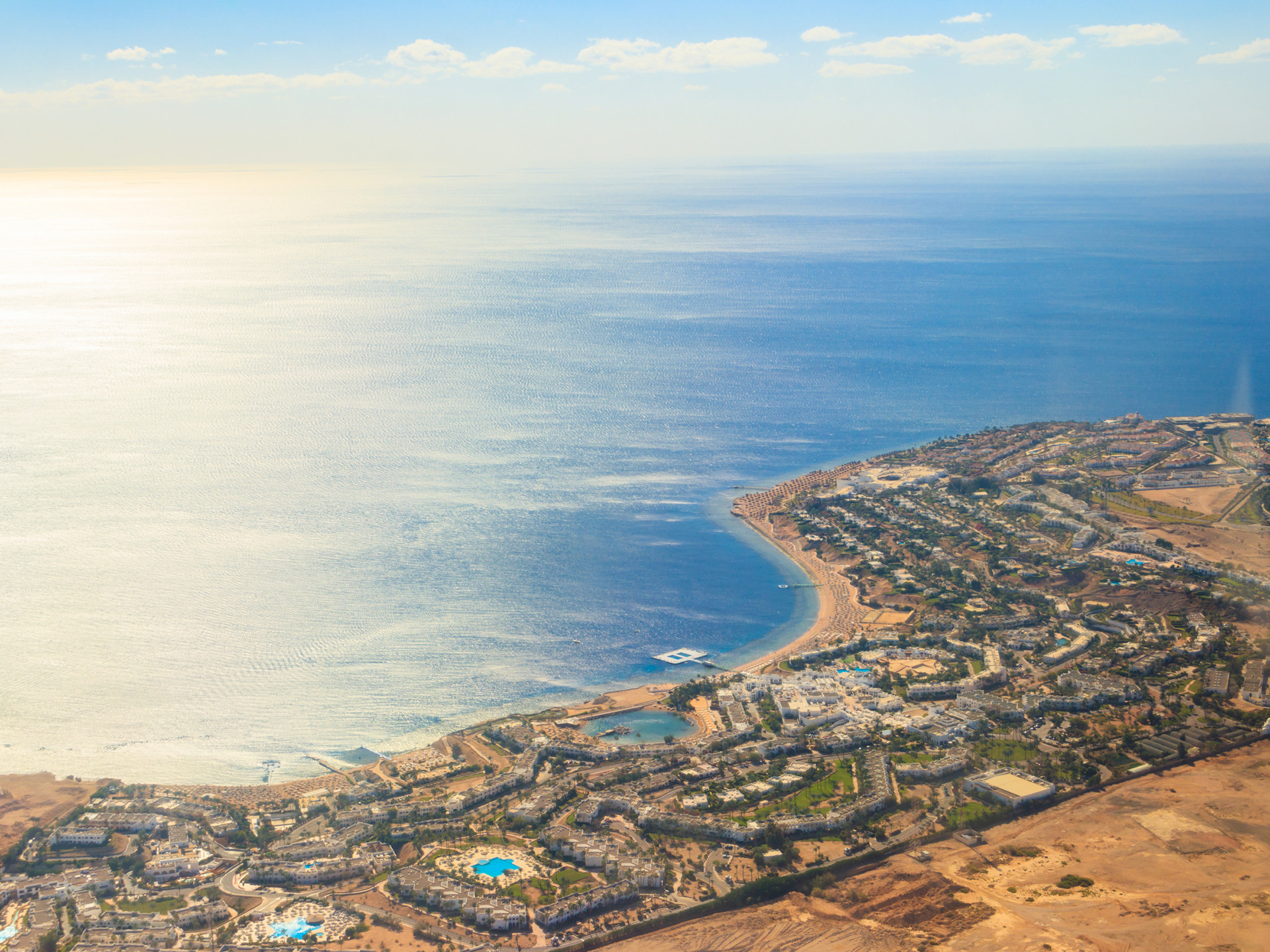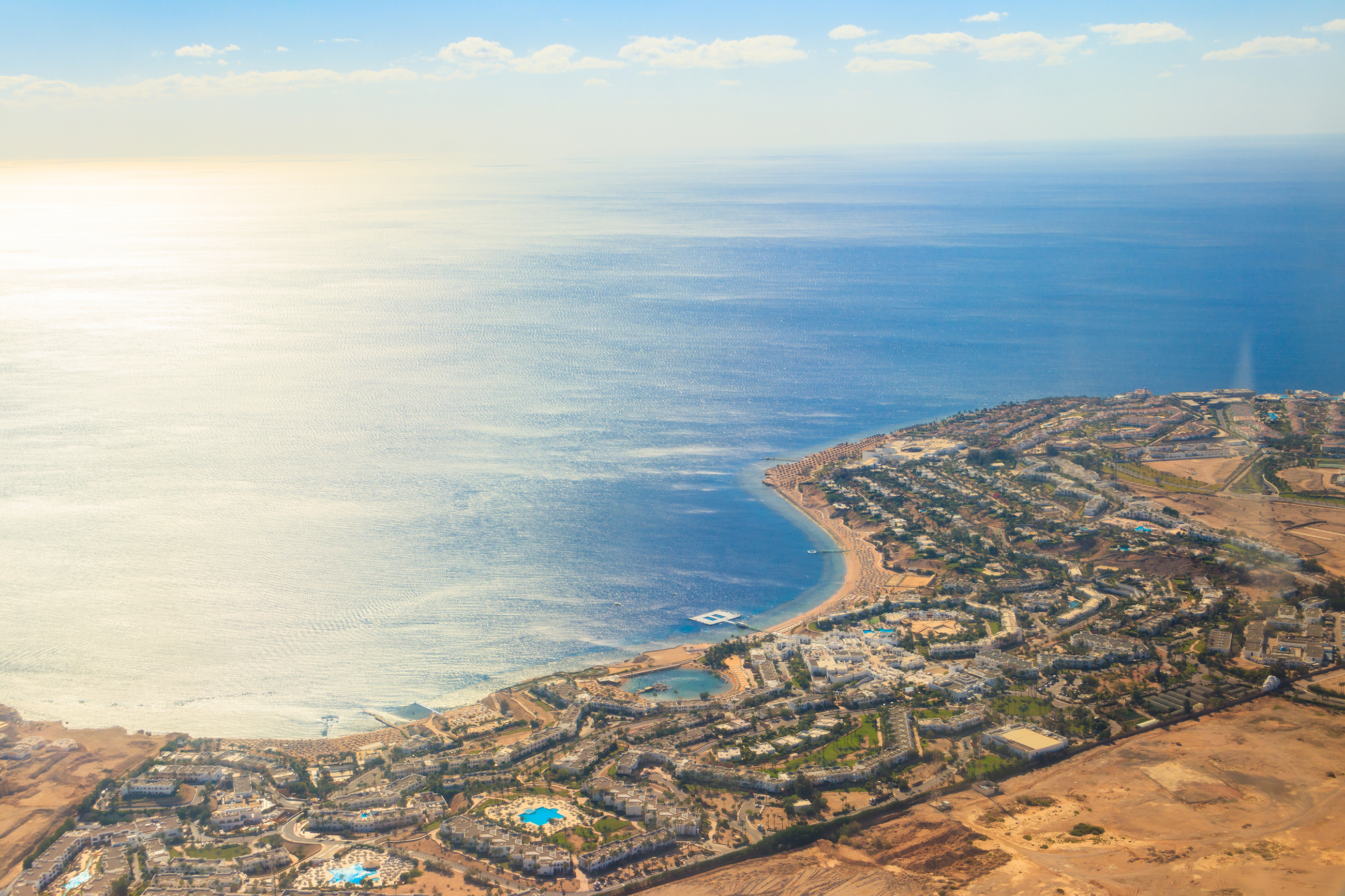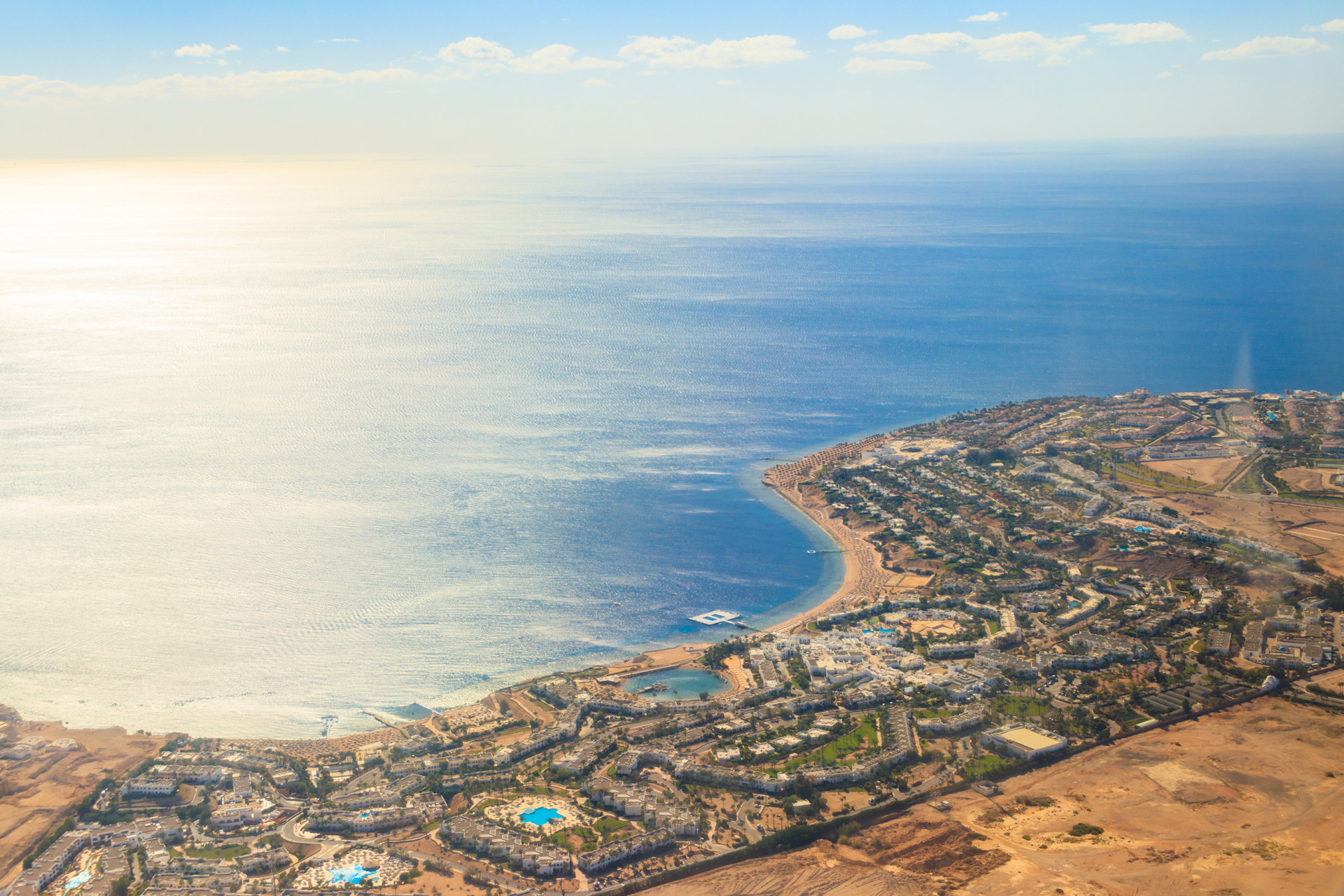Agenda dispute threatens Sharm El Sheikh


The damage caused by the climate crisis is growing and growing. Developing countries want to make that the focus of the UN Climate Change Conference, but industrialized countries would rather discuss reducing emissions. This dispute could waste valuable time.
The 27th UN Climate Change Conference (COP27), being held at the Egyptian resort of Sharm El Sheikh in November, will take place amidst the rapidly escalating impact of global warming. The entire northern hemisphere was hit by heat waves and a severe drought in 2022, from Europe to the United States to China. Then Pakistan suffered a flood that affected more than a tenth of the country and killed more than 1500 people. The costs of such extreme weather events are also enormous. According to reinsurance company Munich Re, the flood disaster last year in Germany’s Ahr Valley caused damages amounting to 33 billion euros. This is a bearable financial loss when compared with Germany’s gross domestic product (GDP) of 3570 billion euros. But the situation is different in many island countries. For example, Hurricane Maria caused damages of 1.37 billion dollars on Dominica in 2017, which represents 226 percent of that country’s GDP.
Since there is no financial mechanism for providing appropriate assistance, countries like Dominica are mostly left alone with the consequences of the climate crisis. Climate aid from industrialized countries is only intended to reduce emissions and for adapting to climate change, not to compensate for unrecoverable losses or repair damage. Developing countries, and the small island states in particular, have been demanding protection against loss and damage for decades, but industrialized countries have thus far rejected such demands. They fear that developing countries might otherwise assert claims for compensation. Simon Stiell, the new head of the UN Climate Change Secretariat, wants to negotiate the issue anyway. “Loss and damage has to be addressed,” Stiell said. “It’s a very difficult conversation, but it’s a conversation that has to be had. Positions have softened over the years from nonacceptance and refusal to discuss this to a point now where these are agenda items in the negotiations. So that is a step forward.”
UN Secretary-General António Guterres shares this view. “It is high time to move beyond endless discussions. Loss and damage are happening now, hurting people and economies now, and must be addressed now – starting at COP 27,” Guterres said in his speech at the UN General Assembly. However, it is not certain that loss and damage will get their due at the conference. The countries agreed in Glasgow to discuss the issue in a dialogue format until 2024. Many industrialized countries, especially the United States, are thus likely to argue that we should wait for the results of that dialogue and only return to the issue of loss and damage in 2024. How this dialogue works out will also depend on Germany. Jennifer Morgan, State Secretary in Germany’s Federal Foreign Office, has been appointed to lead exploratory discussions along with her colleague from Chile. “When it comes to loss and damage, many countries will look to Germany,” says Professor Reimund Schwarze from the Helmholtz Centre for Environmental Research.
Germany is well prepared. “With the Global Shield Against Climate Risks, we are the only industrialized country that has contributed a strategy for dealing with loss and damage to the discussions,” Schwarze says. [6] Germany was able to have this Global Shield anchored in the final communique of this year’s G7 summit held at Schloss Elmau. Still, Schwarze urges caution, saying, “It remains to be seen whether this will be enough for the most heavily impacted island and coastal nations of the South.”
Further complicating these negotiations are plans for the implementation at Sharm El Sheikh of a process for deciding on climate aid to be provided by the industrialized countries from 2025 to support climate protection and adaptation to global warming in developing countries. There is a risk that the overlapping issues of loss and damage and climate aid will cause the debates on the two issues to interfere with each other. And of course the industrialized countries will want to see a quid pro quo if they move on these issues. Explaining his view of what the priority at Sharm El Sheikh should be, the head of the Swiss negotiating team, Franz Perrez, says, “The most important issue should be reducing emissions and, in particular, adopting a working program to do that. It was explicitly decided at Glasgow that this should take place at COP27.” Against this backdrop, it is conceivable that the conference in Sharm El Sheikh could begin with a long discussion, perhaps lasting for days, about the main topics of the conference. The industrialized countries want emissions to be a prominent agenda item, and the developing countries want money for climate action as well as for loss and damage.
Aside from the three major issues, some sector-specific initiatives can also be expected again. “Assuming Lula da Silva wins the runoff in the Brazilian presidential election, there will be a forest initiative,” says Schwarze. Also possible are initiatives targeting the problems of African countries so that the conference really becomes an African COP, as the Egyptian conference presidency has announced. New bilateral initiatives could also be announced on the sidelines of the conference. For example, last year South Africa agreed with some donor countries, including Germany, to develop a plan for phasing out coal. Now donor countries and the Asian Development Bank ADB are working with Indonesia and Vietnam on similar plans. Many of the coal-fired power plants there are still quite new and have not been amortized, so sophisticated financial arrangements will be needed if they are to be decommissioned before the end of their service lives. Considering the debt crisis in many developing countries, debt for nature swaps could also be agreed. In such schemes, a country’s debt would be forgiven in exchange for a commitment to invest part of the money it saves in climate protection and wildlife conservation measures. At the end of September, The Nature Conservancy announced that Barbados would put nearly a third of its marine areas under protection using such a swap.
